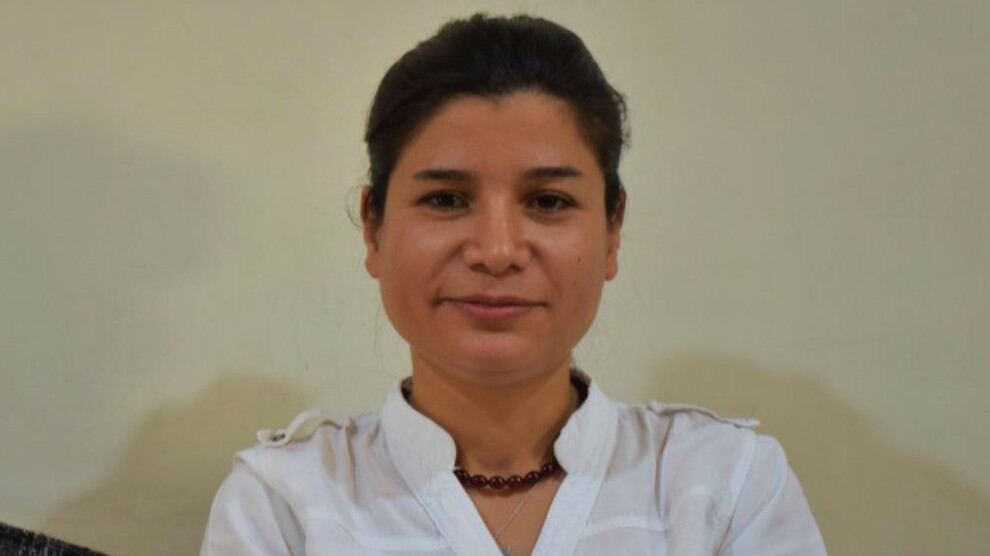The Alouk Water Station, which is under the control of the invading Turkish state and its mercenaries, meets the water needs of more than 1.5 million people in the region of Hesekê, including Hol Camp, Erîşe Camp and Washokanî Camp.
Since the Turkish state and its mercenaries occupied the regions of Afrin, Serêkaniyê and Girê Spî, it has cut the water reaching Hesekê Canton 13 times. Considering the spread of the coronavirus in the Northern and Eastern Syrian regions, the lack of water makes it even more difficult for people to cope with the pandemic.
The Alouk Water Station gets its electricity from the power plant in Dirbêsiyê. The misuse of the power plant by the invading Turkish state and its mercenaries ended in the plant being burned down and this in turn caused the water to be cut off once again on 12 April.
Working teams belonging to the Energy Committee acted quickly and repaired the power plant.
Hesekê Canton Water Directorate co-chair Sozdar Ehmed tolad ANHA that the invading Turkish state and its mercenaries did not operate the Alouk Water Station on the grounds that there was no electricity. She added that they wanted more electricity than the rate required to operate the station. “The Turkish state allowed the station to operate again after calls made to the international community and the mediation of Russia. According to the agreement, the Turkish occupation demanded 7 MW of electricity in return for the station to work at 10% of its capacity.” Ehmed added that 3 MW is enough to run the station and reminded that Alouk consists of 30 wells and 8 pumps, and the invading Turkish state and its mercenaries operate only 3 pumps and 10-15 wells.
Reminding that the amount of water reaching Hesekê Canton is insufficient and this affects the farmers living in the occupied villages, Ehmed added that the farmers can only use 5% of water.
Sozdar Ehmed stated that the daily water requirement of Hesekê Canton is around 70 thousand cubic meters, but only 15 to 20 thousand cubic meters of water reach the canton.















